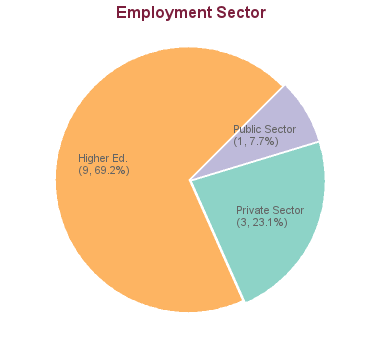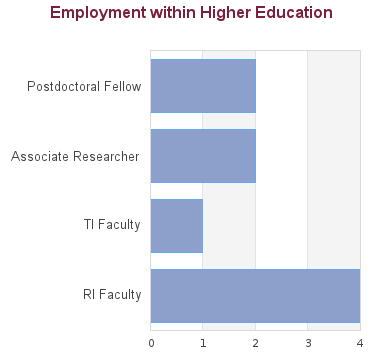Overview
The MERM Program is dedicated to advancing the science and practice of measurement, program evaluation, and research methodology in the social and behavioral sciences (e.g., Psychology, Education, Quality of Life Studies, Health Studies). For more than 25 years, the faculty and students of the MERM program have been contributing to its international reputation as a leader in the field. Our students and faculty have done research in human and health services, psychological, educational, community and health settings.
What makes the program unique?
The MERM Program is the only Program in Canada, and among a short list in North American, in which the students are awarded a degree in "Measurement, Evaluation, and Research Methodology"; that is, a degree in the discipline of MERM rather than a degree in some other social or health science discipline with a focus or specialization in MERM. Being awarded a MERM degree, with interdisciplinary foci, makes our students unique in an international setting.
Quick Facts
Intake
Program Enquiries
Contact the program
Supervisor Search
Departments/Programs may update graduate degree program details through the Faculty & Staff portal. To update contact details for application inquiries, please use this form.








